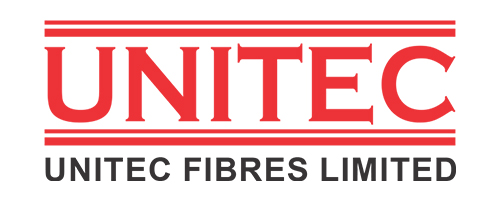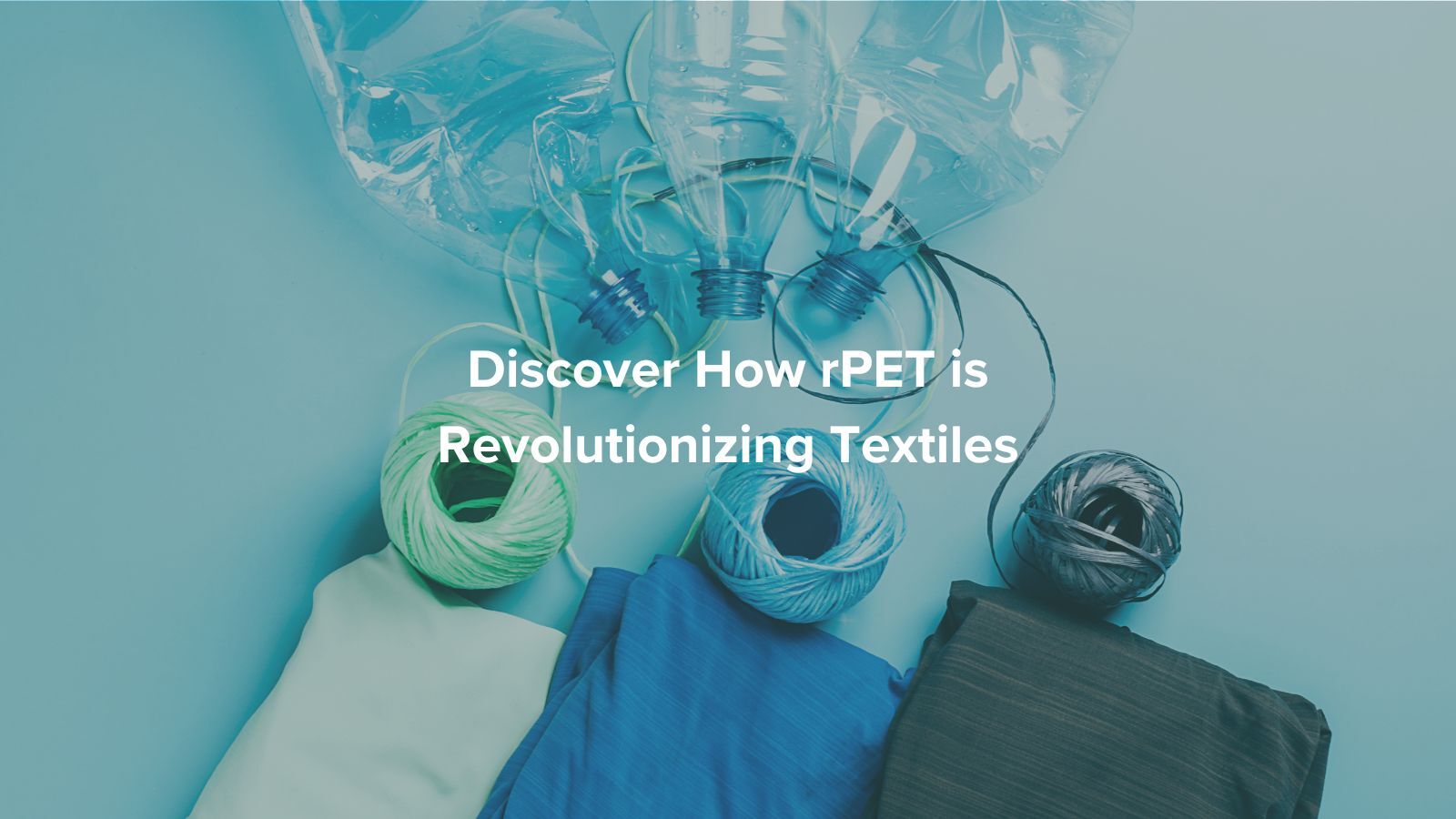The textile industry globally is undergoing a revolutionary change, driven by the urgent need for sustainability, innovation, and circular economy practices. Recycling polyester, commonly known as rPET, is among the materials steering this change. Derived from post-consumer plastic bottles and industrial polyester waste, rPET is rapidly emerging as the material of choice for environmentally conscious brands and manufacturers globally.
Sustainability at the Core
Textile manufacturers are moving toward more environmentally friendly alternatives as consumers’ demands for transparency and eco-friendliness increase due to growing climate change concerns. rPET stands out as a frontrunner due to its ability to significantly reduce environmental impact. Compared to virgin polyester, the manufacture of rPET consumes up to 59% less energy and reduces greenhouse gas emissions by over 30%. Furthermore, it keeps plastic waste out of landfills and the water, tackling two pressing environmental issues at once: textile pollution and plastic waste.
Performance Meets Eco-Friendly Design
Forward-thinking businesses are embracing rPET not just for its sustainability, but also for its versatility and performance. It offers the same durability, strength, and moisture-wicking qualities as virgin polyester, making it perfect for various applications, from fashion and sportswear to automotive and home furnishings. Technological developments in recycling and fiber processing have significantly improved the quality of rPET, enabling high-end finishes and blends that rival traditional fabrics.
Rising Demand Driven by Policy and Consumers
Due to the rise of circular fashion and global regulatory pushes are accelerating the adoption of rPET. Brands are committing to using 100% recycled materials, while governments are incentivizing the use of eco-friendly alternatives. With increased consumer awareness and growing investment in green technology, rPET is not just a trend anymore, it’s the foundation of the textile industry’s sustainable future.
Unitec Fibres: Supporting a Greener Future
At Unitec Fibres, we are proud to be at the forefront of the innovation that help build a more sustainable and responsible textile industry. Our commitment to producing high-quality rPET fibres supports businesses that value performance, sustainability, and innovation. As the world moves toward cleaner production and responsible consumption, rPET is not only a smart choice, it’s the right one.
Conclusion
The future of textiles is being rewoven with responsibility, and recycled polyester is leading the way. It’s not just a sustainable alternative, it’s a catalyst for change in the textile industry. By combining environmental responsibility with high performance, rPET empowers brands to meet growing consumer and regulatory demands. As the push for a circular economy accelerates, rPET is paving the way toward a more innovative and eco-friendly future in textiles.

